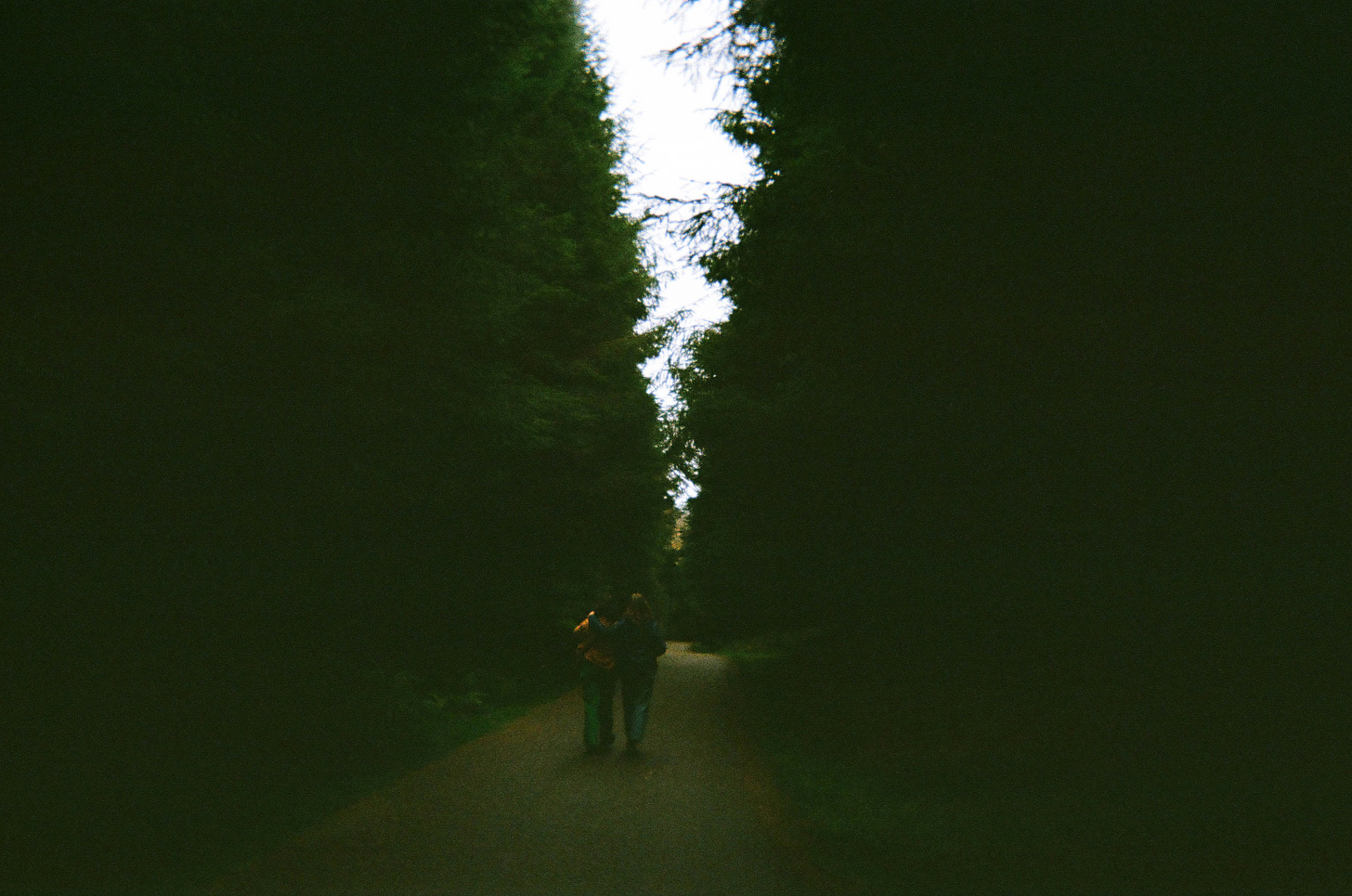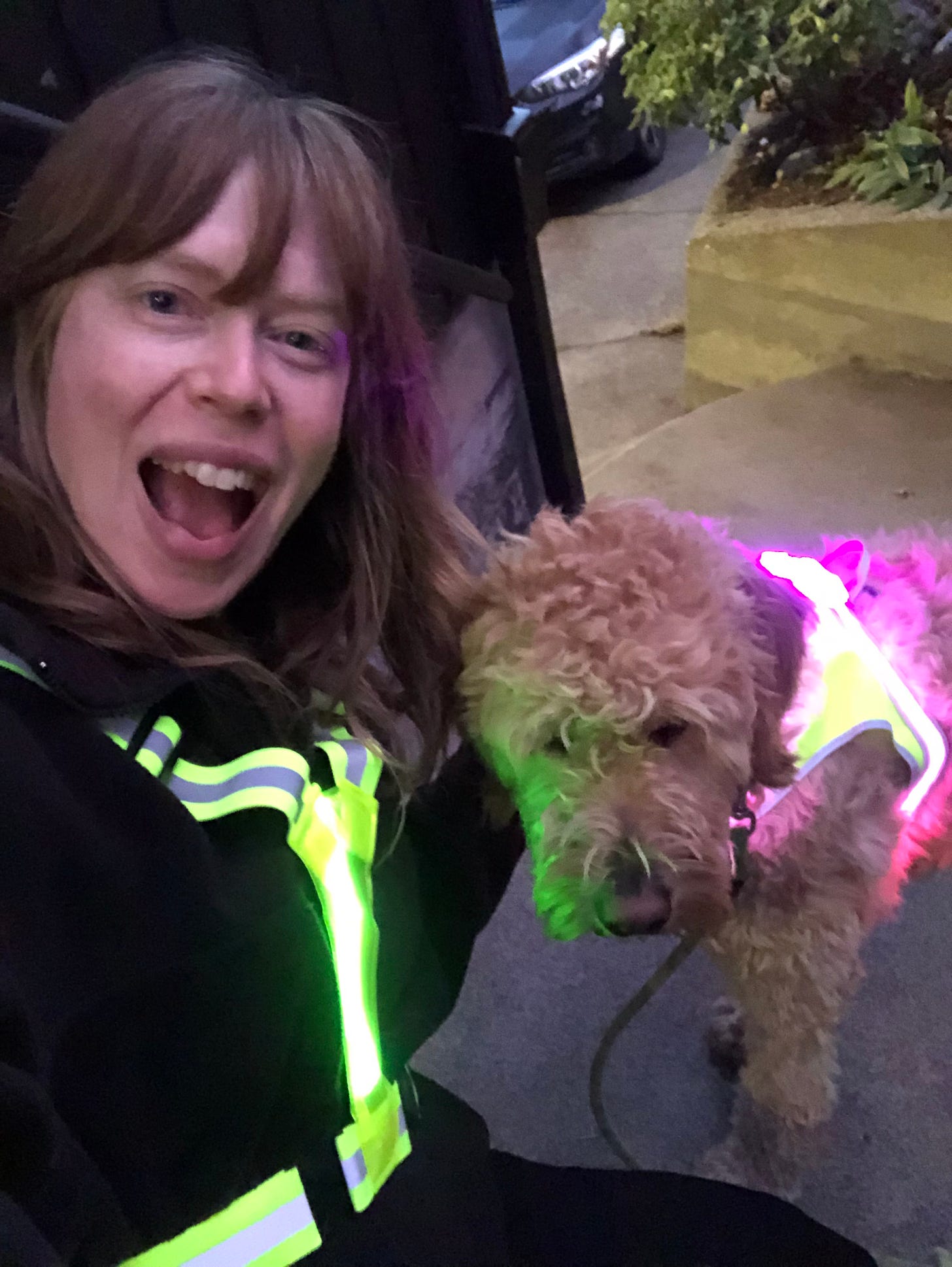
Quickly:
Two spots have opened up in the writing retreat I am leading next April in the French Pyrenees. Please join us! I cannot wait.
My next online workshop will be in January, a three-week, six-session class on turning memories into meaningful essays. To register or learn more, hop over here. I love teaching this curriculum.
I will be offering a workshop in California next October, my first time teaching at Asilomar, near Monterey. Somehow I wind up teaching a lot in the Midwest and Southwest, so I’m especially delighted to offer an in-person workshop on the West Coast.
Finally, a small holiday reminder that The Fixed Stars is available everywhere that books are sold — though preferably from independent bookstores. Ditto for A Homemade Life and Delancey. Thank you to everyone who has ever purchased a copy of my books or checked one out from your local library. It matters.
With no further ado, today I would like to offer you a list of Four Things That Are Helping, by which I mean helping me to get through the strange moment we live in:
1. Walking at dusk, no matter the weather
Well, I am not so virtuous as to claim that I do this every day, or even every week. But I did do it once a couple of weeks ago, on a late Tuesday afternoon. I needed to pick up our final CSA share of the year, and because the pick-up site is in our neighborhood, I decided to take an empty backpack and Gilbert and go on foot. It had been raining off and on all day, so I put on a good waterproof jacket and my high-visibility reflective vest with rechargeable LED lights. Gilbert has a safety vest1 too, though he doesn’t think it’s as exciting as I do.
I’ve been rereading Garth Greenwell’s novel Small Rain, this time listening to the audiobook, which Garth himself narrates2, so I set out with that in my headphones. Toward the end of Part 1, the novel’s narrator, who is a patient in the ICU, listens with his nurse to a piece of music they both love: a recording of the Western Wynde Mass, by Renaissance composer John Taverner. I had never heard it, had no frame of reference for that passage of the novel, so I decided to pause the book and search Spotify. I chose a recording at random — the album art looked suitably Renaissance-y — but I would find out later that, according to my friend (and subscriber to this newsletter, hi) Anna Lee, the recording I chose was an especially fine one, featuring the renowned choral director Harry Christophers and his vocal ensemble The Sixteen.
When the first movement began (track 4, above), the sun was well down, though it wasn’t even five o’clock. The air was a shade of blue that only ever lasts a few minutes, roughly periwinkle or cornflower. The road beside me was quiet, not yet the after-work rush, maybe one car every couple of minutes. Where I was walking then, the street slopes uphill for several blocks, and I’d been semi-panting, sweating despite the chill and the mist, a 21st-century problem made possible by the invention of 100% recycled ripstop nylon with HydroWall™. When the tenor solo began, I nearly startled; where before there had been only my breath rasping in my ears, now there was a pure and luminous sound. Then came the ensemble, an accumulation of voices that seemed to arrive from far off, what Small Rain’s narrator describes as sounding “like petals opening, a rose blooming in time-lapse photography.”
It was a high-drama experience, is what I’m trying to say — but it was also steadying somehow, profoundly calm. I sort of slipped out of time for a few minutes, listening, letting my feet move up the road without my telling them to. By now I was nearly at the pick-up site. I loaded my backpack with produce and made my way home in a mild stupor. When I told Ash about the music and the mist and the blue, the journey of it, they gave a sly grin and said, “You cried, didn’t you?” Uncharacteristically, I did not! Maybe next time.
Keep reading with a 7-day free trial
Subscribe to I've Got a Feeling to keep reading this post and get 7 days of free access to the full post archives.





